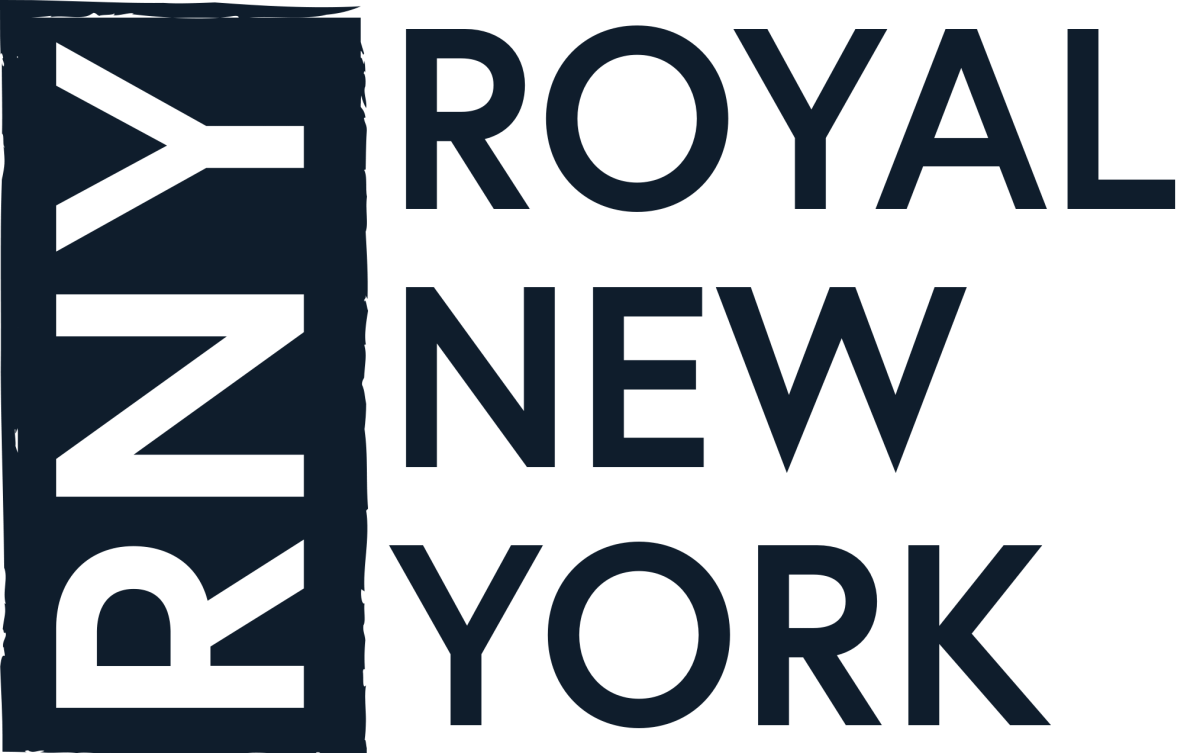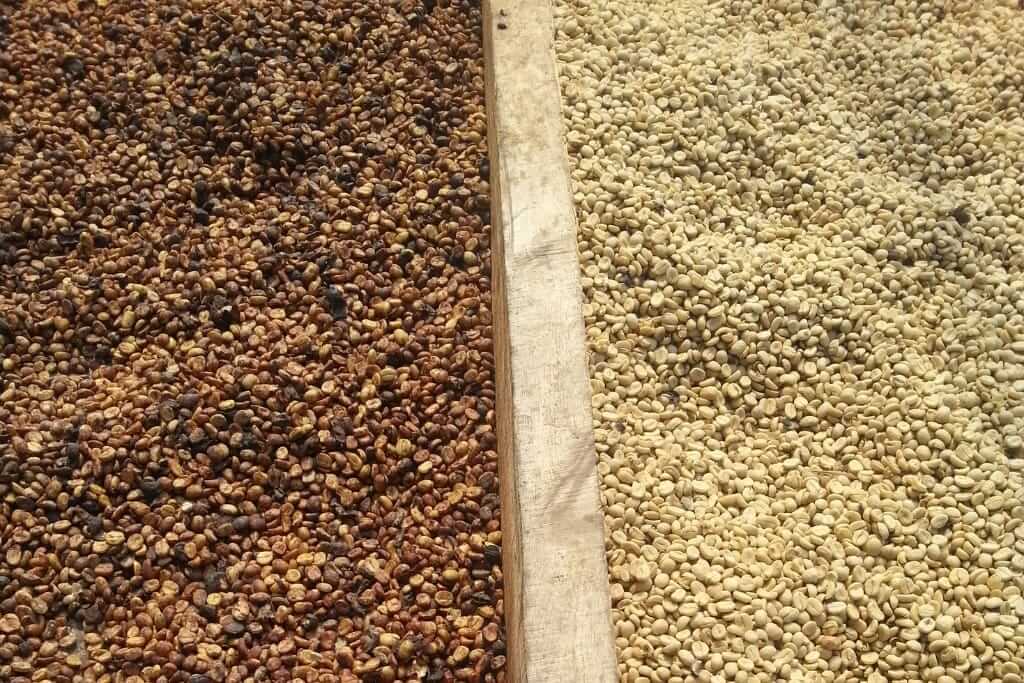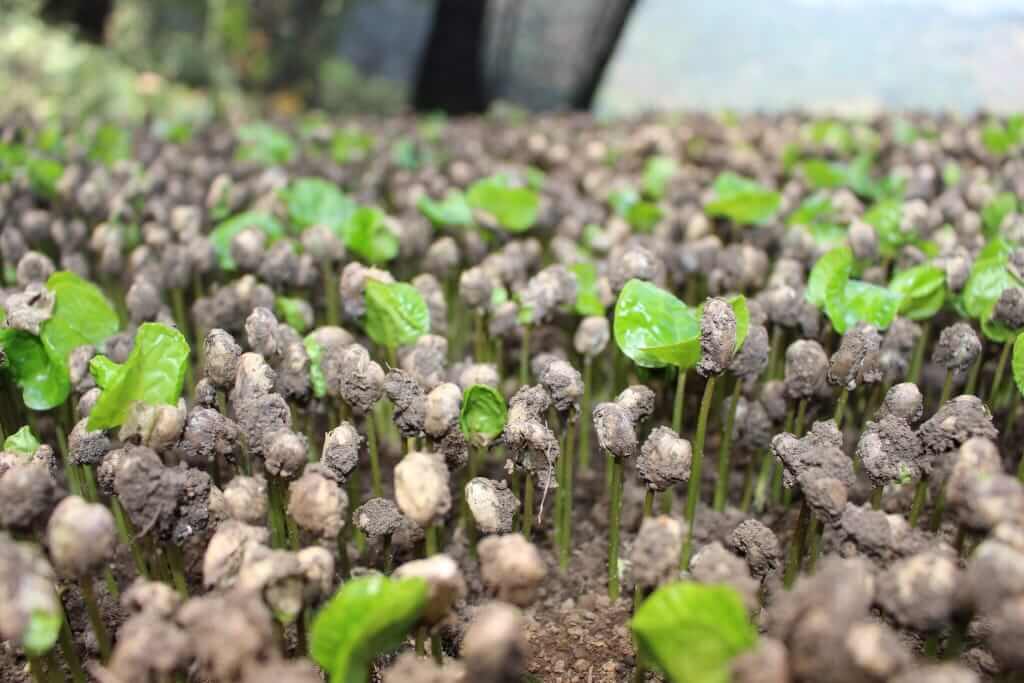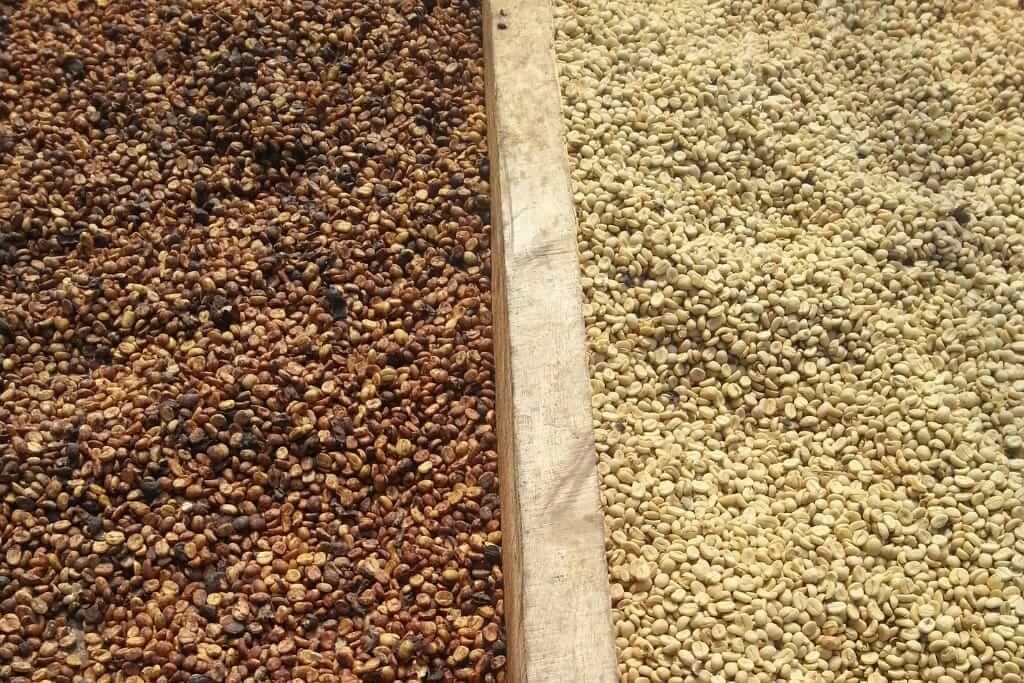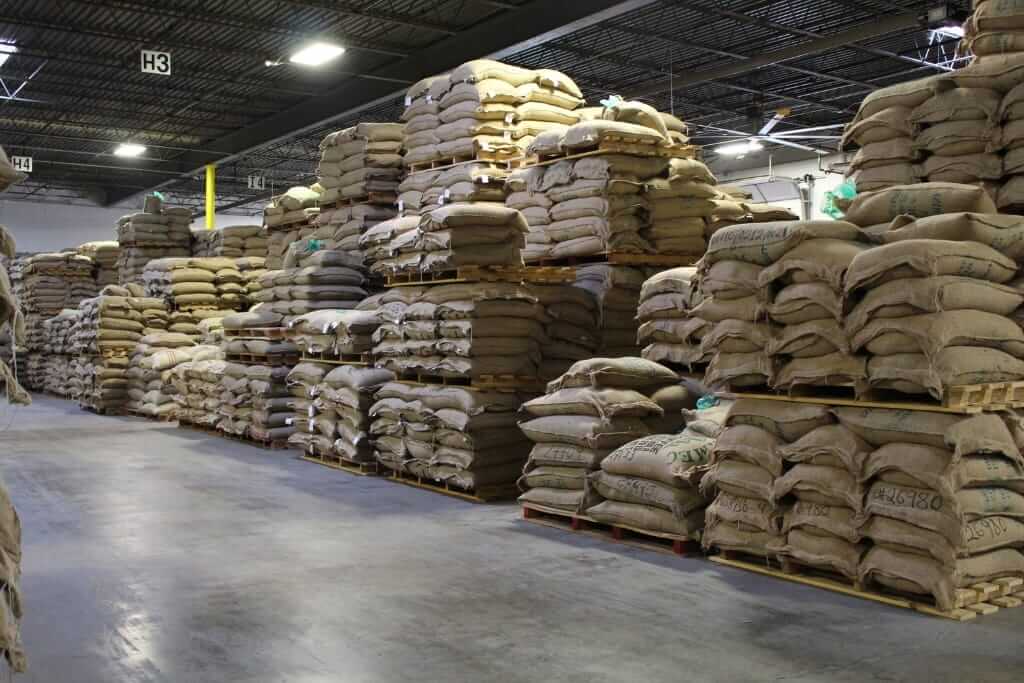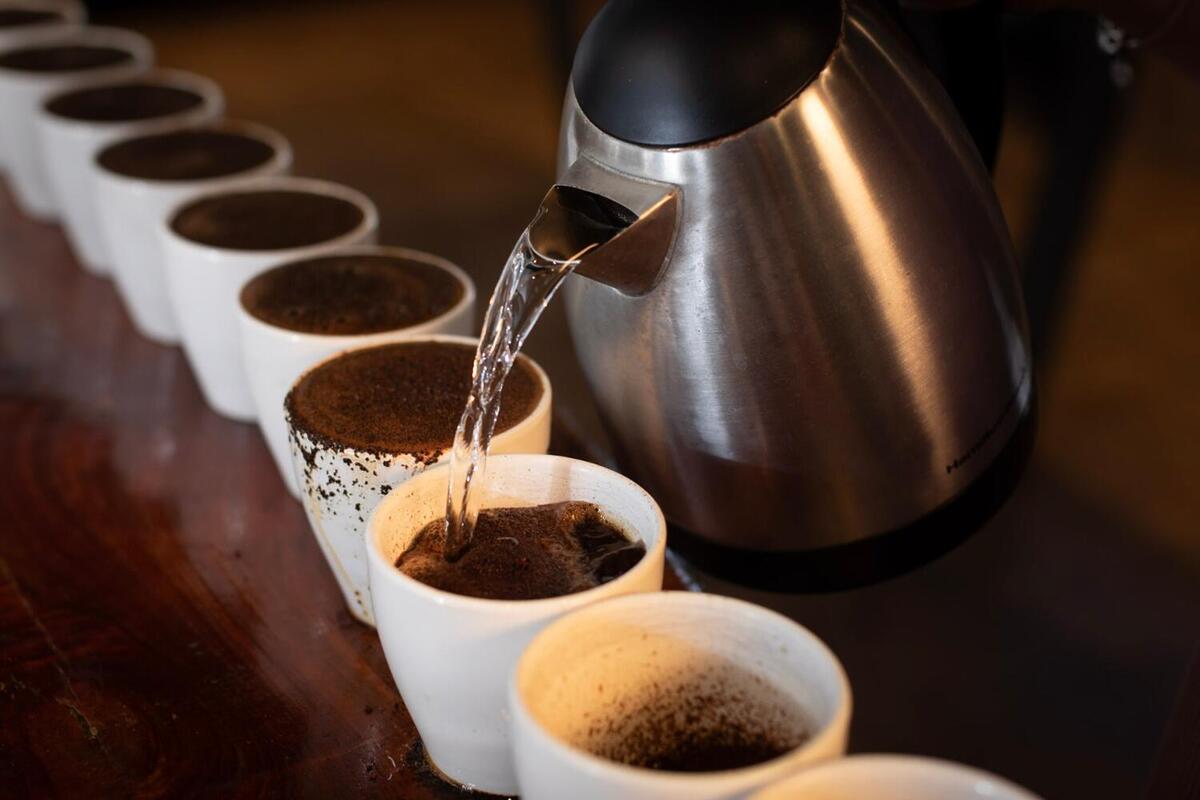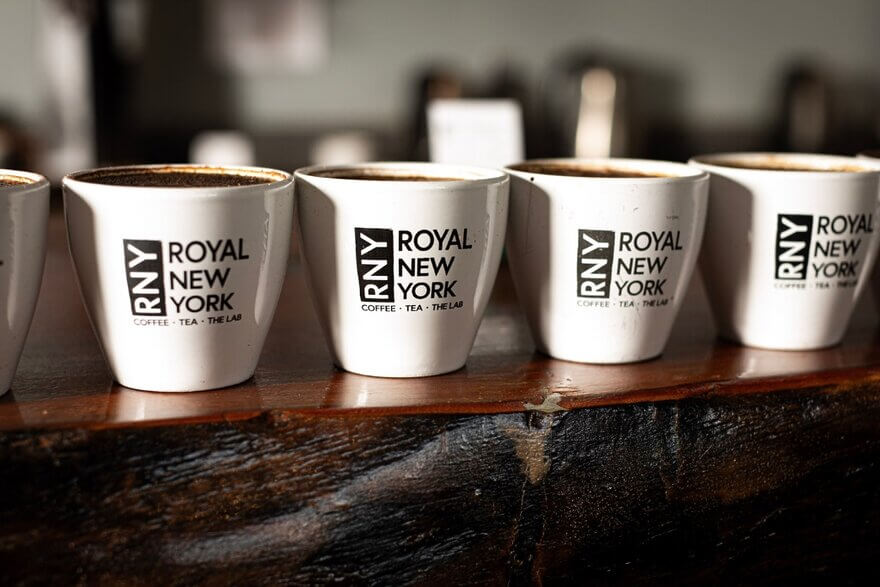At Royal New York, our job is to ensure quality every step of the way. We handle green coffee bean sourcing, producer relationships, logistics, and everything else that goes into being an importer. However, we know that many of our customers want a clearer picture of what happens to their coffee before we pass it off to them. To provide you with further insight into the green coffee industry, we’ve added a new course to the calendar: SCA Green Coffee Intermediate! RNY Lab guest educator Thomas Ameloot of CoLabOps explains what this class will entail and why it’s beneficial for you to level up your green coffee game.
The Journey from Green Coffee Bean to Cup
From initial processing to delivery and everything in between, this course will cover what happens to the seeds, or beans, before they arrive at your door. We’ll review a variety of topics that are relevant to the evaluation, trade, and handling of green coffee. Whatever your role may be, it’s important to have the key concepts and necessary skills to understand your unroasted coffee.
Botany
If you work in specialty coffee, then you’re probably familiar with coffea arabica, or ‘arabica coffee’. In this course, we’ll discuss how arabica has evolved by looking to its parents, coffea eugenioides and coffea canephora. By following coffee’s journey around the world, we can highlight where and how some of the most important varieties came to be. You’ll have the opportunity to taste different coffees, potentially including arabica, robusta, eugenioides, and liberica, as well as different varieties from the same farm!
World Production
Each coffee-producing origin can vary greatly from the next. That being said, the areas that grow and consume coffee continuously evolve. We’ll review how elevation relates to growth, what flavor profiles are historically expected from each region and how they’ve changed over time.
Farming & Processing
Everything that happens at the farm level influences the final bean. Terroir, grading, and drying methods are just a few areas that can affect the product you eventually serve. This course allows us the chance taste different coffees that have undergone some of the most common processing methods. While sampling, we’ll discuss what impact those processes have had on the coffee’s final flavor.
Additionally, we’ll review what defects are common to green coffee. The SCA has established what these defects are, and they are also used in the CQI Q Grader course. You’ll taste coffees that contain these defects and learn how they affect a coffee’s grade.
Markets & Contracts
When you buy green coffee from RNY, you’re involved in commodity trading. In this course, we’ll explore the coffee market, the difference between spot purchasing vs. buying futures, and breaking down a contract. Furthermore, we will define what the coffee “C” price means and how it affects farmers, roasters, importers, and exporters alike.
Shipping & Storage
Traceability is a key piece of the farmer to consumer story. It’s important that RNY ensures your coffee is properly documented as it makes its way from origin, to us, to you. You’ll learn how we receive and disclose information as an importer as well as best practices for storing each and every green coffee bean.
Certifications
Navigating offerings can sometimes be difficult, especially when it sometimes seems like the only difference between coffees is a certification. We’ll talk through common ones like Organic, Fair Trade, Kosher, and Rainforest Alliance certifications and discuss what they actually mean.
Decaffeination
Lastly, we’ll look at the process of removing caffeine from a green coffee bean. We’ll explain why sugarcane and water process decafs are different, how these processes affect taste, and what goes into pricing them.
Final Thoughts
The SCA Green Coffee Intermediate class aims to provide coffee professionals with the knowledge and skills necessary to better understand and evaluate unroasted coffee beans. Upon successful completion of this course’s practical and written exams, you will receive a certification from the Specialty Coffee Association.
This two-day course will take place from Tuesday, October 8th – Wednesday, October 9th. Join us at the RNY Lab this fall and take the next step in your coffee journey!
BONUS: Attend more, save more! Receive a 10% discount when you purchase tickets for 2 or more SCA courses at the RNY Lab.



